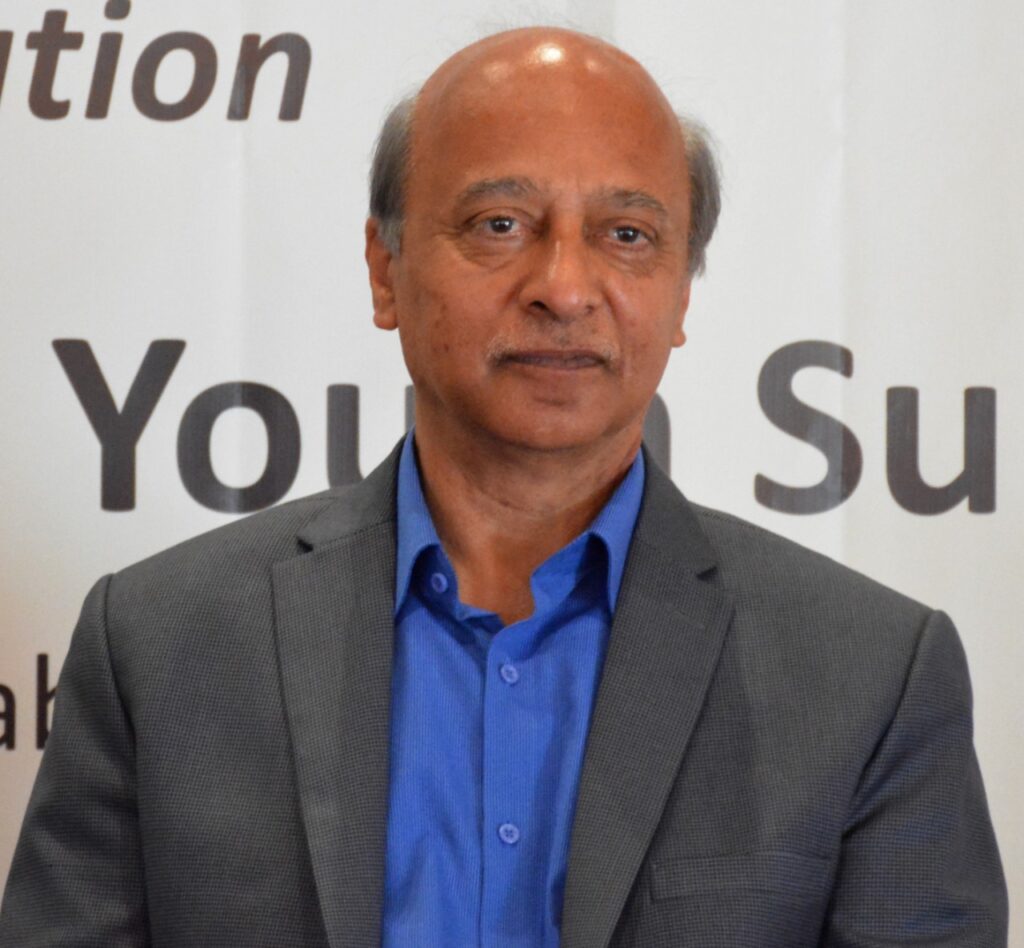Imtiaz Gul

Despite Pakistan’s regular routine hue and cry over Kashmir, several strategic mistakes indicate lack of practical, problem-oriented fact-focused campaign on the issue. In fact spread over four decades, its officials demonstrated lack of courage and commitment that is required for an issue that a country keeps touting as “jagular vein.”

Pakistan’s first major mistake was to accept to suspend all discussions on Kashmir at the UN Security Council for 32 years from 5 November 1965 to 15 September 1996 i.e. for over 31 years, Kashmir did not figure in any way in the Pakistani discourse within the Security Council.
The second grave mistake was not to raise Kashmir at the UN Security Council during the Pakistan’s Presidency of Security Council in January 2013. Each one of us today and our future generations would be baffled to note that Pakistan during its Presidency of UN Security Council in January 2013 (Document S/2013/248 dated 26 April 2013) held 16 meetings and 18 consultations and discussed a long list of issues except Jammu and Kashmir. Pakistan skipped to discharge its duties towards the right of self-determination of the people of Jammu and Kashmir and do justice to the duties assumed in Azad Kashmir under UNCIP Resolutions. Kashmir situation was not included in the long list of other issues discussed during the month.
The third mistake was to allow India a berth at the UN Security Council for 2 years, where India would do all possible to wrong the Kashmir case. The concession does not reconcile with a genuine Kashmir policy or with any heartfelt anguish on Indian action of 5 August 2019. People of Kashmir are aggrieved that a country which has aggressed against them, has reoccupied their habitat and is holding them at a gun point from 5 August 2019, should have been allowed an uncontested election, to a body, where she would hurt the cause of Kashmir.

And, sadly, the fourth mistake relates to the indifference of the Ministry of foreign affairs. A report on “Situation of Human Rights in Kashmir: by the UN High Commissioner for Human Rights in 2018 was sent both to India and Pakistan for review and feedback.
Lo and behold, the Foreign Office failed to spot that the report was titled as “Indian State of Jammu and Kashmir” and the phrase was repeated in paragraphs 4, 6, 9, 18, 46, 52, 70 and 132. No body pointed this out. Nor did the ministry try to rectify it later.
Multiple factors – in addition to those mentioned above – point to a dismal performance as far as Pakistan is concerned;
# The closure of Kashmir Awareness Bureau in Delhi
# Collapse of the three Kashmir Centres in Europe and Americas
# Failure of the Hurriyat to prosecute its constitutional discipline and its inability to prevail during dialogue with India, and
# Ineffectiveness of the militancy (lack of military science).
The latter point also begs a huge consideration; the militancy was supposed to catapult the issue on the global radar. But it instead became synonymous with terrorism – as projected and amplified by India.
Lastly, the UN report made 17 recommendations to India for restoring the human rights regime, yet the recommendation 6 (to provide reparations and rehabilitation to all individuals injured and the family of those killed in the context of security operations) and recommendation 17 ( to fully respect the right of self-determination of the people of Kashmir as protected under international law) needed instant and undiluted follow up. UN reports have apportioned serious liabilities to India.
According to Kashmir advocates, the UN reports on Kashmir are FIR’s against India but Pakistan miserably failed in encashing them internationally.
Isnt it high time to critically assess if and to what extent has Pakistan – as a member nation of UN and a party to the Kashmir dispute and having even held the presidency of the UN Security Council – successfully aligned its political, moral and diplomatic support with the political, militant and rights struggle of the people of the Indian-occupied Kashmir.
Both Kashmiris as well as Pakistan abysmally failed in asserting militancy as a legitimate struggle accorded by the UN Charter. No real conscious effort was done to rub off perceptions of direct collusion between the state and the Kashmir militancy. And hence the resultant ignominy that eventually translated in the June 2018 Action plan imposed on Pakistan by the Financial Action Task Force.
True, geo-politics has failed Kashmiris and blunted Pakistan’s support for them but Islamabad’s approach indeed has been flawed and devoid of the consistent commitment that such a critical issue deserves.



